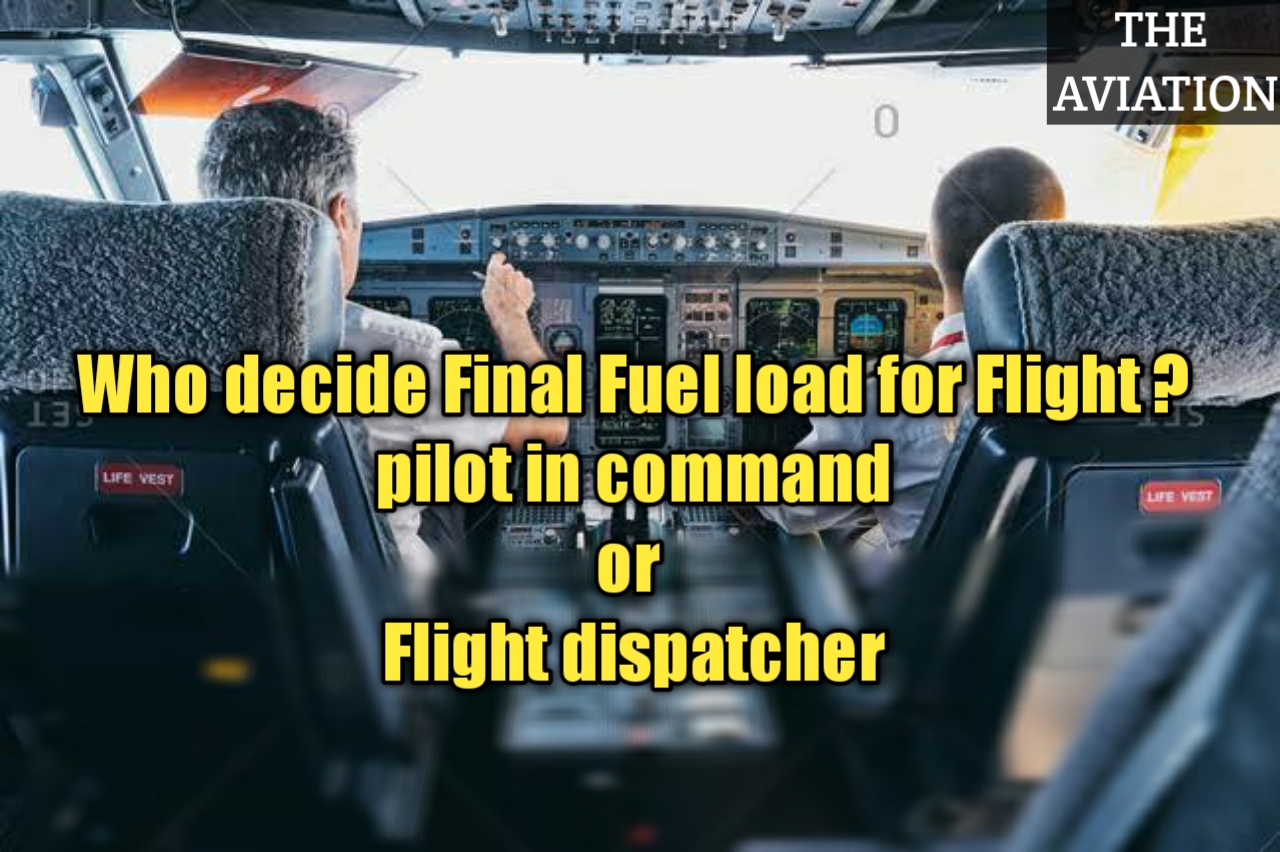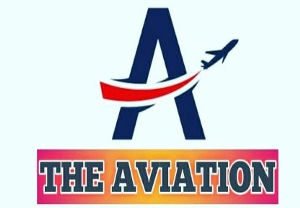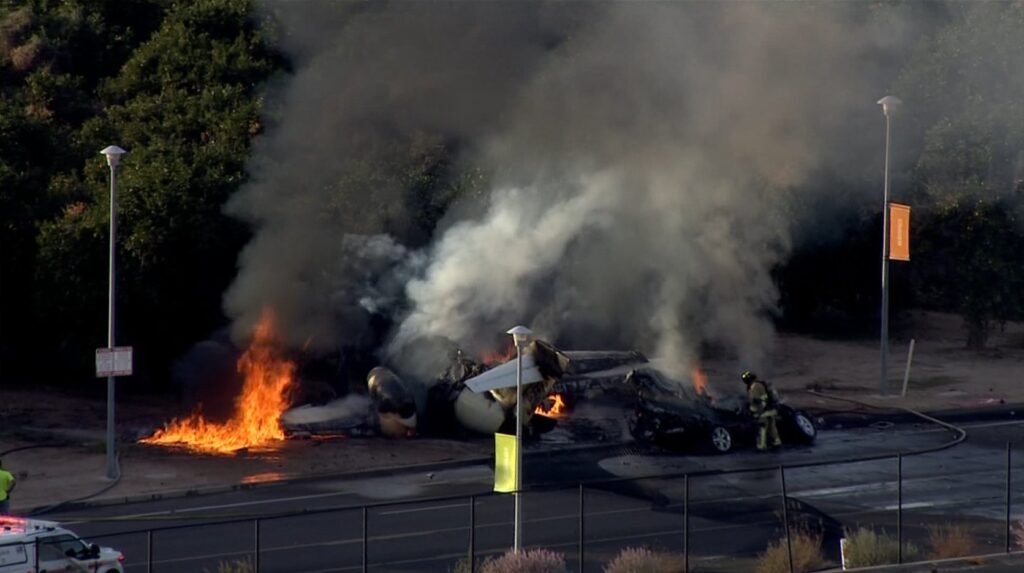What is pilot discretionary Fuel || Who decide Final Fuel load for Flight ? pilot in command or Flight dispatcher || Aviation Blogs
 |
| pilot discretionary Fuel |
Who decide Final Fuel load for Flight ? pilot in command or Flight dispatcher ||what is pilot discretionary Fuel .
Most regulations will state that the “commander” has the final authority on the fuel load for a flight.
For commercial air transport operations, the “commander” means the “pilot in command”.
In countries, where there are licensed dispatchers, (for example, in the United States) this final fuel load decision is shared between the commander and dispatcher.
Who decide Final Fuel load for Flight ?
The decision related to the quantity of fuel required to execute a flight needs to be responsibility of someone, and no one would argue that the pilots and/or dispatchers are probably best placed to make such judgements.
However, many airlines would still like to better understand the reasons and justifications for the carriage of pilot discretionary (extra) fuel.
What is pilot discretionary Fuel For Flight || What is pilot Extra fuel .
The pilot discretionary fuel is the quantity of fuel the commander requests above what is calculated by the flight plan.
It is usually added when the commander has better knowledge regarding what the actual flight may experience or to account for factors which were not known at the planning stage. (Fleet captains may sometimes also stipulate a quantity of extra fuel to be carried for certain flights).
How Any pilot in command or Flight dispatcher decide Fuel .
There may also be an “additional” fuel component in the flight plan which is a quantity of fuel the dispatcher may add for specific regulatory or company requirements such ETOPS critical fuel, depressurisation scenarios, an aircraft technical status (MEL or CDL) or even for a new type of operation.
Clearly, the commander should be aware of this fuel quantity and its reason to avoid “double accounting” that is, adding fuel which has already been anticipated.
Most airlines will request that the commander provides a reason when discretionary fuel is carried, this will typically range from traffic, ATC, weather, flight plan uncertainty/inaccuracies or simply “other”.
Operators have seen cases where a commander has ticked several of these reasons and carried a very large quantity of extra fuel and it could be argued that “other” is probably not a valid reason and needs further explanation, particularly if the airline wants to better understand the precise reasons for the carriage of extra fuel.
Consider the following scenarios:
1. Due to unforeseen circumstances, there is a change to the planned flight crew on a given leg. The new flight crew has little previous experience in flying this leg and are not aware that a quantity of fuel is usually added (by the commander) to account for a lengthy holding at arrival.
2. An operator has worked hard to implement a statistical contingency (en-route) fuel rule which has been approved by the local authorities and enables a lower contingency fuel to be carried.
A commander notices that this fuel component has been reduced compared to what was previously carried and decides to add a quantity of extra fuel to make up for the observed “shortfall”.
3. A flight crew endeavour to improve efficiency by using various procedures to reduce fuel burn during the flight however, at departure, a quantity of extra fuel was added which was never required and remained unburnt upon arrival. The fuel burnt in carrying this extra fuel quantity would have effectively nullified some of the operational savings achieved.
The above all illustrate the need to better understand and account for pilot discretionary fuel either to ensure that fuel loads are correctly accounted for at the planning stage or to avoid the extra cost of carrying extra fuel.
Operators can take various actions to ensure a better understanding of pilot discretionary fuel, for example:
o Providing statistics on fuel burn (fuel on arrival, reserve fuel and comparison with flight plans, etc.) to assist the flight crew with the fuel quantity decisions at the planning phase.
o Improve pilot/dispatcher communication, coordination & feedback (e.g., dispatcher participation in flights to experience real flight conditions).
o Precise reasons for the carriage of discretionary fuel may help in identifying cases where this fuel is required and hence could be included in flight plan.
Those operators which have tackled the subject with such initiatives have usually found that they obtain a much better understanding of discretionary fuel.
This can lead to a reduction in the occurrences and quantity of discretionary fuel carried and when justified on a regular basis, it should ideally be included in the flight plan fuel to better reflect what will be experienced during the actual flight.
Final fuel loads need to be the responsibility of the pilots and/or dispatchers however this should not mean that fuel is added without justification.
Discretionary fuel should not be seen as a buffer or pad to cover “just in case” scenarios nor to add a level of comfort in terms of fuel carried, it is also not a substitute for a robust flight plan.
Author -: Madan Virdee (Expert – Fuel & Flight Efficiency ) Toulouse.




